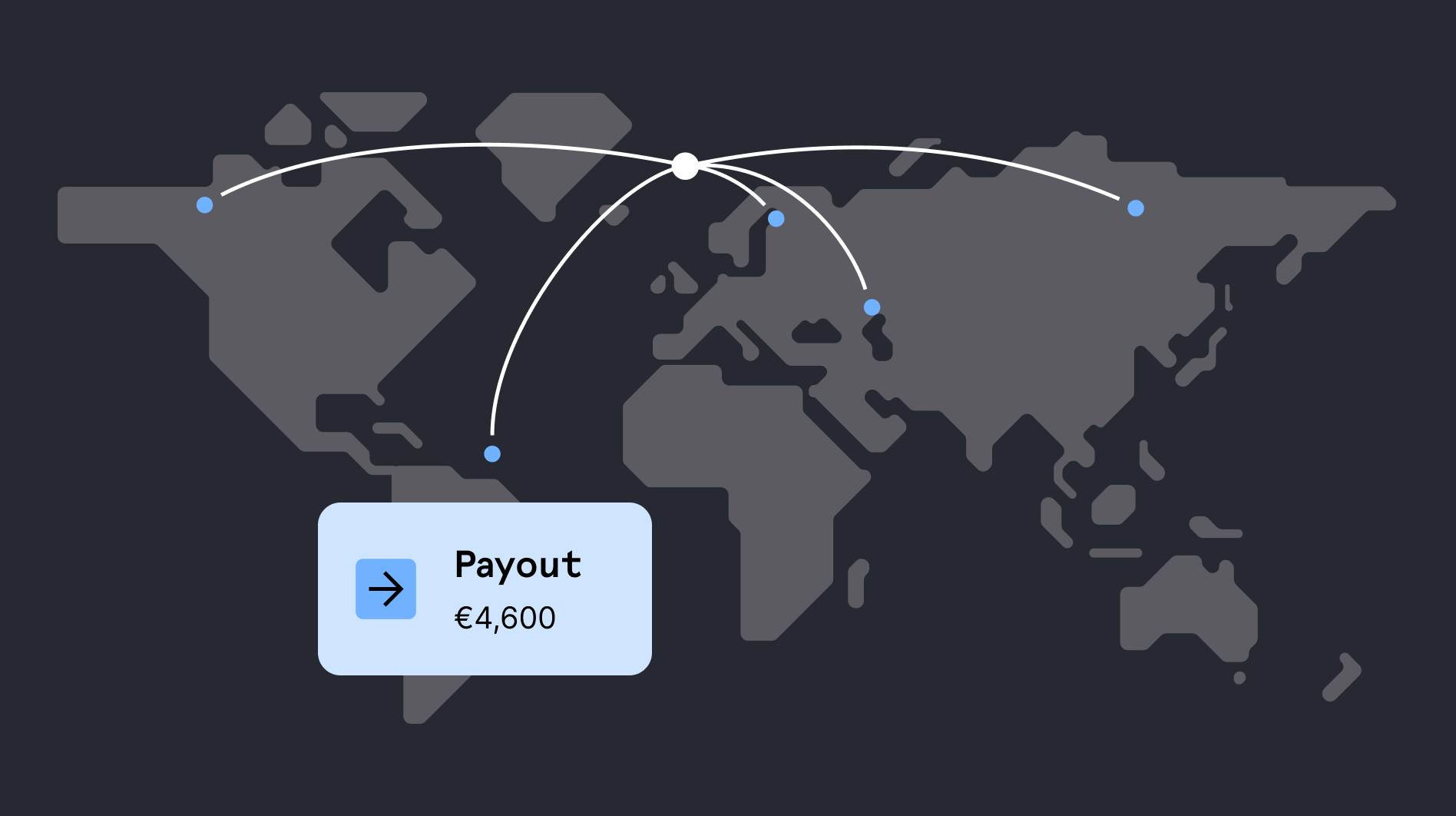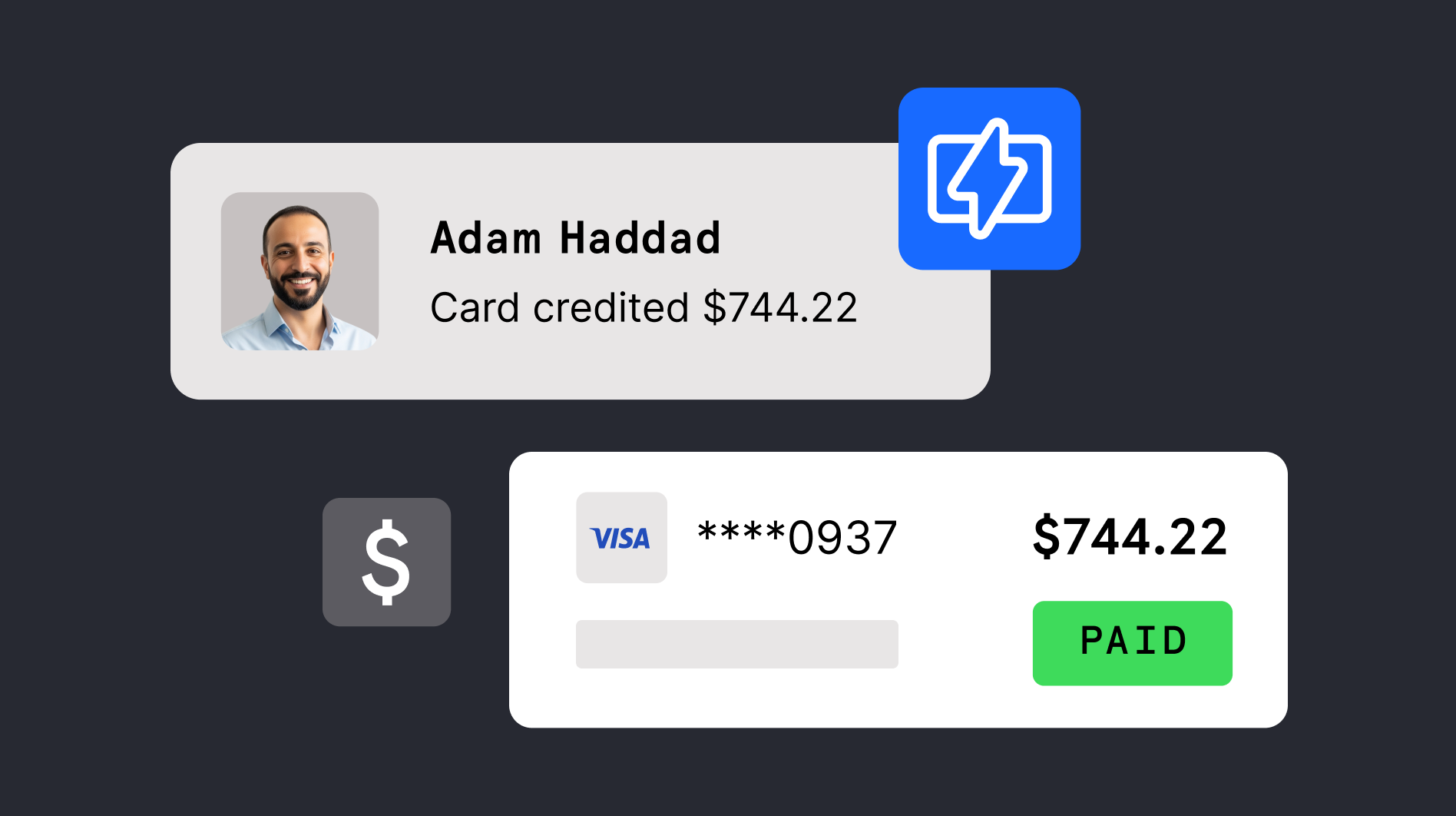ISOs play an important role in the payment process, but many people aren’t sure what they are. This page will explain everything you need to know about ISOs, including how they differ from payment processors, and how they can help your business set up or switch payment providers.
What is an ISO?
An independent sales organization (ISO) is a third-party company that refers merchants to payment service providers, helping merchants accept credit cards and other electronic payments. ISOs operate independetly, but have relationships with acquiring banks and payment gateways.
The ISO could be an entire company or a single person who uses the partnership with acquirers and gateways to provide different services to its customers, including setting up and maintaining the merchant's payment processing system.
Once ISOs sign up your business to accept credit cards on behalf of acquiring banks, the ISO gets a commission. The ISO may also charge customers (your business) a percentage of each transaction, or a monthly service fee.
Since ISOs are not acquiring banks, they never handle the merchant’s money – that’s the responsibility of the acquiring bank that has a relationship with the ISO.
ISOs are often a valuable resource for small and medium-sized businesses that don’t have the resources or expertise to manage their own payment processing systems, or for established businesses considering switching payment service providers.
By working with an ISO, you can ensure you’re offering your customers a convenient and secure payment experience, while also meeting the regulatory requirements of the payment card industry.
ISO vs PayFac: What’s the difference?
An ISO is a third-party company that refers merchants to acquiring banks or payment service providers. They typically work with a variety of acquiring banks, using those relationships to "resell" merchant accounts to merchants. Some ISOs also take an active role in facilitating payments.
A PayFac (payment facilitator) has a single account with an acquiring bank, such as Checkout.com, and takes on the liability of the merchants that process under that PayFac account – unlike ISOs that simply refer merchants to set up accounts with acquiring banks. PayFacs are like mini payment processors.
PayFacs use a master merchant account (MID) from the acquiring bank that enables them to add their customers as sub-merchants, quickly and easily. So, instead of applying directly with a payment processor, merchants go through the PayFac's underwriting process, which are often faster than going directly to a PSP.
The biggest advantage to using a PayFac over an ISO is that the PayFac takes on greater risk – they’re liable for 100% of the associated risks and losses that may come with processing the transactions. They’re also responsible for managing disputes and chargebacks.
Overall, ISOs work as intermediary “resellers” of payment processors or acquiring banks to merchants, while PayFacs have a single account and absorb greater responsibility for underwriting and risk management.
Learn more: PayFac vs ISO: which one to choose for your business?
ISO vs MSP
ISOs and MSPs (Member Service Providers) are often discussed together because they’re very similar entities. Some people even use the terms ISO and MSP interchangeably.
The main difference is that Visa refers to its approved merchant account providers as ISOs, while Mastercard prefers the term MSP. However, in practice, ISOs and MSPs are essentially the same.
Benefits of working with an ISO
There are many reasons why your business should consider using ISO payments, including:
Simplified payment processing
ISOs handle the complex process of payment processing on behalf of merchants, working with their providers and eliminating the need for merchants to manage various payment processing tasks themselves. ISOs usually help your business set up payment gateways, configure software, and manage payment-related security and compliance requirements.
Speedy set up
It’s quicker to set up a merchant account through an ISO than applying directly with a payment service provider. This is ideal for startups that want to start accepting electronic payments quickly, or large businesses that want to seamlessly switch payment processors.
ISOs typically offer dedicated customer support, using their experience of the payment processor’s onboarding process to help streamline your application, and to ensure your queries get to the right people first time.
Greater flexibility than acquirers
ISOs often partner with multiple acquirers or payment processors, giving your business the flexibility to accept a wider range of payment options. This can help your business attract more customers who prefer to pay using a specific payment method, such as credit or debit cards, mobile payments, or alternative payment methods like PayPal or Apple Pay.
Competitive pricing
In most cases, ISOs negotiate competitive pricing for payment processing services on your behalf, which can help your business cut payment processing costs and increase profit margins.
Increased security and compliance
ISOs are responsible for ensuring that their payment processing services are secure and compliant with industry regulations, which can help your business protect customer payment information, and reduce the risk of fraud or non-compliance penalties.
Drawbacks of ISOs
As with any solution in business, there are some potential downsides to ISO payments that you need to consider, including:
Less control
Most ISOs don’t support payment processing themselves, so you might have more control over your merchant account by working directly with a payment service provider. After all, most ISOs are competing with big names like Square, and other PayFac firms, that can offer more control for merchants.
Potential increase in costs
Just like acquiring banks and payment processors, ISOs charge you for their services. Most ISOs work on a commission basis, earning a cut for each transaction that the merchant processes. Of course, depending on your business, you may end up paying the ISO less than what you’d pay the acquirer. By the same token, you may pay more, especially if you’re a high-risk merchant.
Simplify payments with Checkout.com
For many businesses, it can feel difficult to provide a seamless customer experience while juggling different payment solutions. But that’s where Checkout.com can help. Our all-in-one solution has everything your business needs to increase sales, optimize costs, and stay ahead of the competition.
How does it work? It couldn’t be easier – simply integrate our payment processing solution once, then start accepting a whole suite of payment methods, and over 150 processing currencies, while providing a better experience for your customers.
In the context of this article, the benefits above are just some of the reasons why an ISO might refer merchants to Checkout.com.



%20(1)%20(1).jpg)












